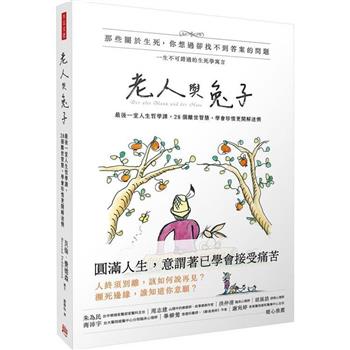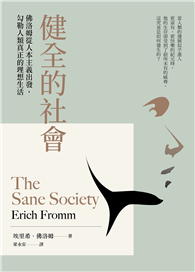It is time to reassess the work of Geoffrey Blainey, and consider his role in Australian history, politics and public life.
Geoffrey Blainey has steered Australian history into the nation’s conversation. No one would dispute that he is a courageous public intellectual, a writer of rare grace and a master storyteller. And he has indeed provoked a rare fuss, both public and professional, with some of his comments on Asian immigration and Aboriginal land rights. Blainey has challenged the academic history profession, not only with his ideas but also by his practice. A brilliant student, he looked set for Oxford but chose instead the austere west coast of Tasmania for his postgraduate research. For the next decade he earned a living with his pen. And instead of political history in the traditional academic mould, he wrote corporate histories that dispensed with footnotes. Always probing and speculative, Blainey has dislodged many of the keystones in our understandings of Australia’s past. He was one of the first to write about the expansive social history of this land before 1788; he questioned whether Botany Bay was founded primarily as a convict colony; he argued that the Eureka uprising had economic rather than political causes; and he identified sport as a neglected key to the Australian character. His controversial views earned such newspaper headlines as ’Brave Man Set Upon by Thugs for Telling Truth’. In The Fuss That Never Ended a lively and distinguished assembly of fellow historians--of various ages, interests and political stances--take a fresh look at Blainey’s remarkable and sometimes controversial career.| FindBook |
有 1 項符合
The Fuss That Never Ended: The Life and Work of Geoffrey Blainey的圖書 |
 |
The Fuss That Never Ended: The Life and Work of Geoffrey Blainey 作者:Gare 出版社:Melbourne University 出版日期:1999-03-02 語言:英文 規格:平裝 / 240頁 / 21.6 x 14 x 1.5 cm / 普通級 |
| 圖書館借閱 |
| 國家圖書館 | 全國圖書書目資訊網 | 國立公共資訊圖書館 | 電子書服務平台 | MetaCat 跨館整合查詢 |
| 臺北市立圖書館 | 新北市立圖書館 | 基隆市公共圖書館 | 桃園市立圖書館 | 新竹縣公共圖書館 |
| 苗栗縣立圖書館 | 臺中市立圖書館 | 彰化縣公共圖書館 | 南投縣文化局 | 雲林縣公共圖書館 |
| 嘉義縣圖書館 | 臺南市立圖書館 | 高雄市立圖書館 | 屏東縣公共圖書館 | 宜蘭縣公共圖書館 |
| 花蓮縣文化局 | 臺東縣文化處 |
|
|
圖書介紹 - 資料來源:博客來 評分:
圖書名稱:The Fuss That Never Ended: The Life and Work of Geoffrey Blainey
|











